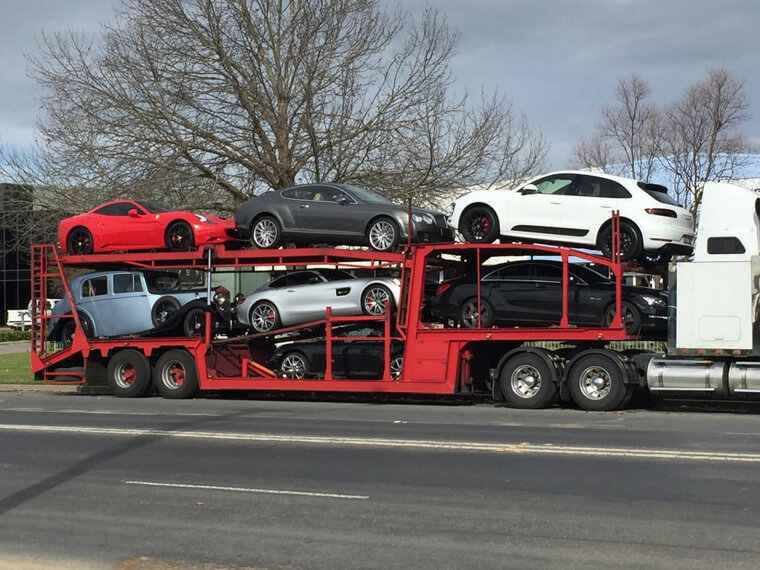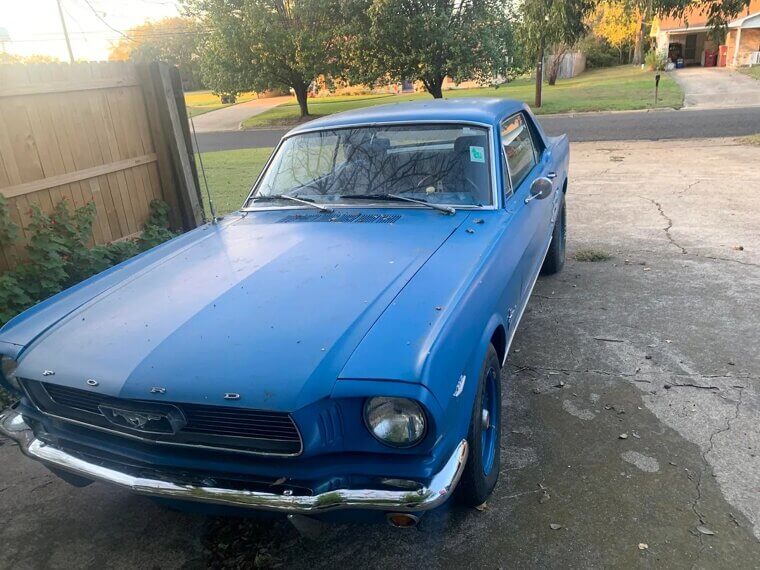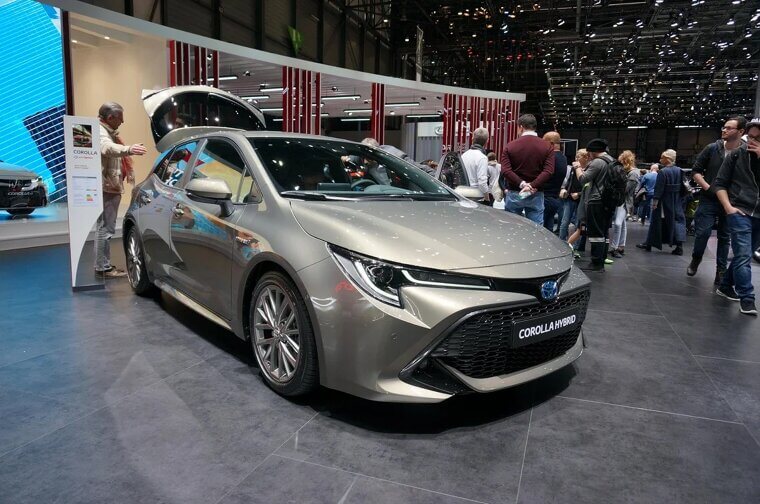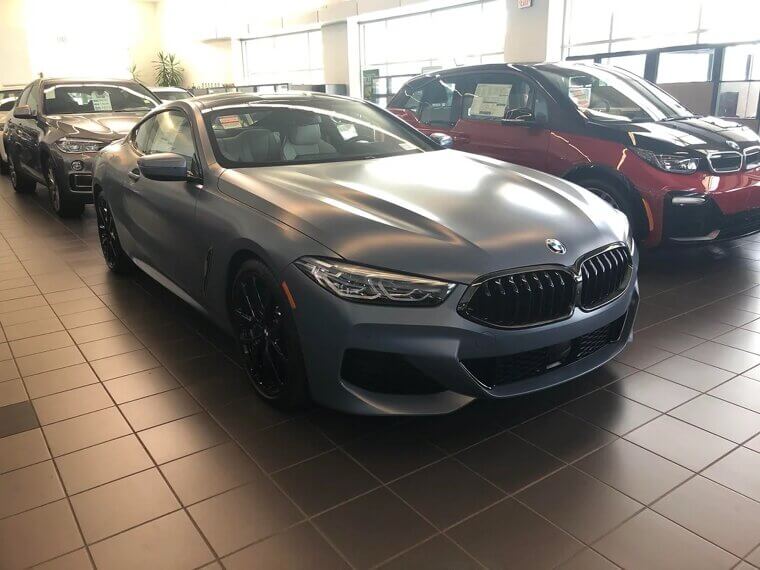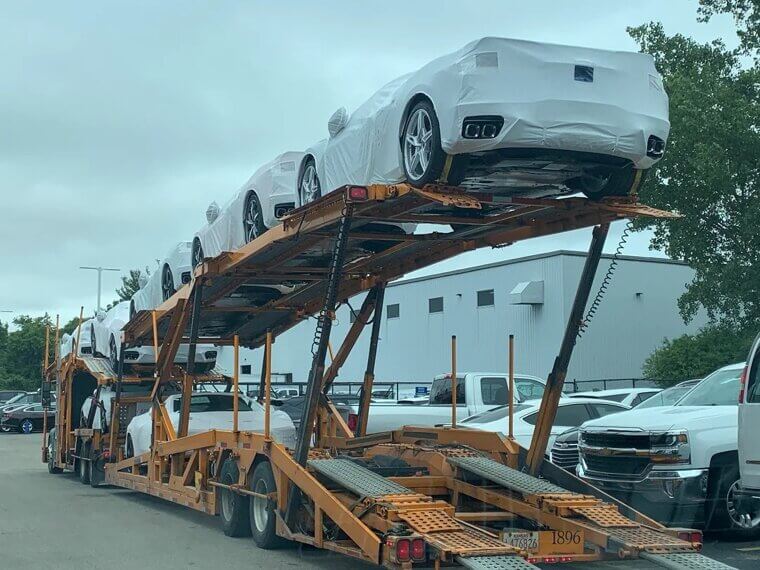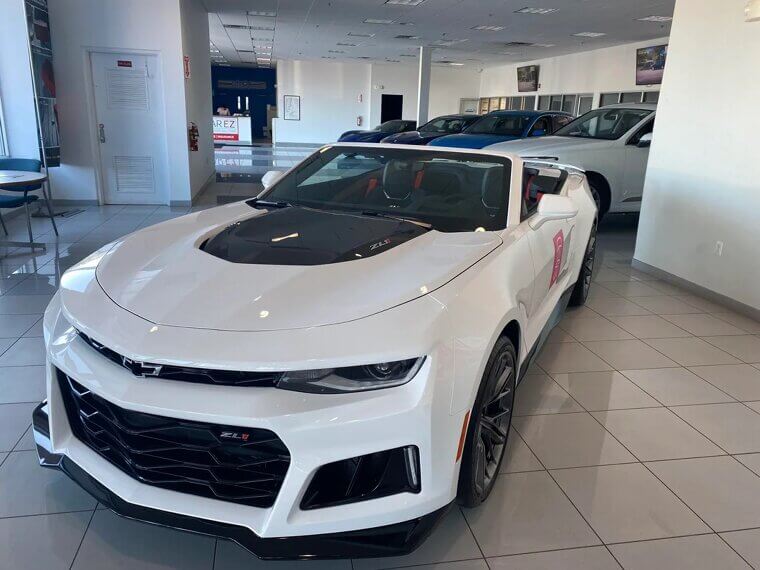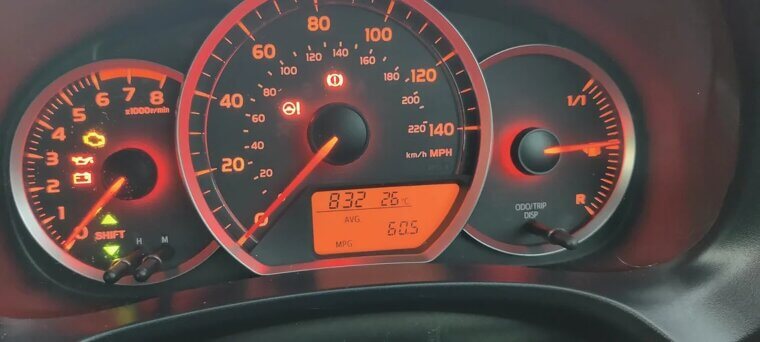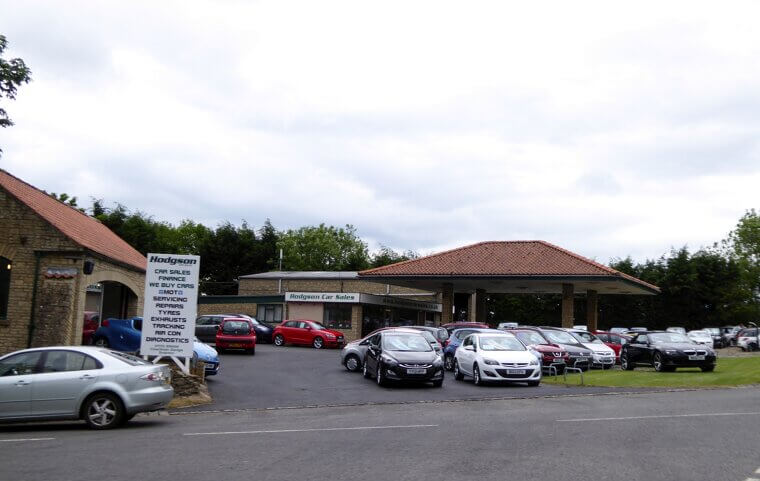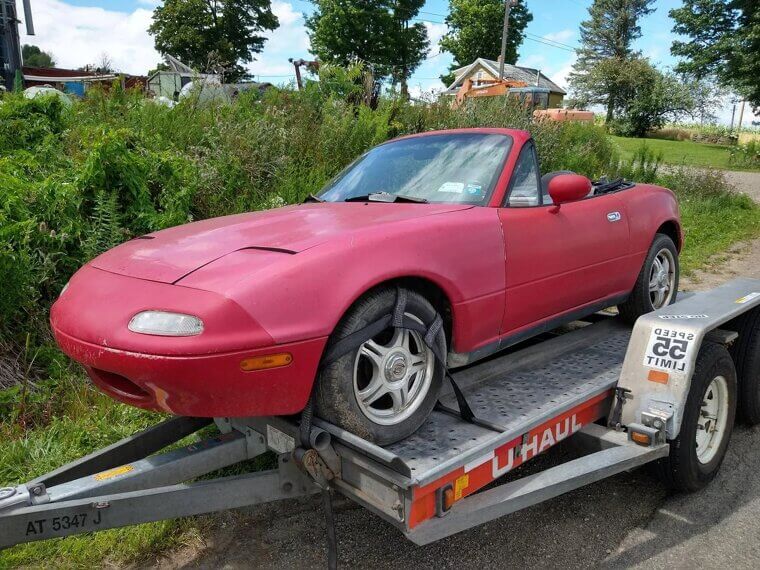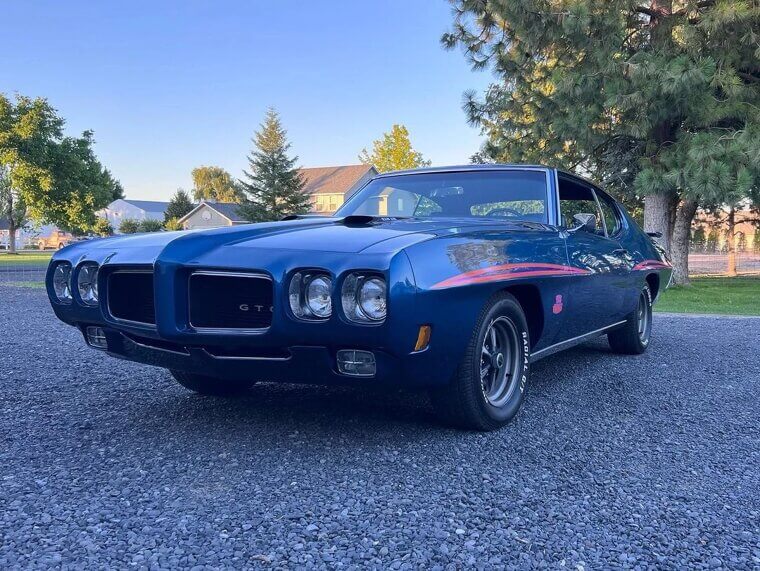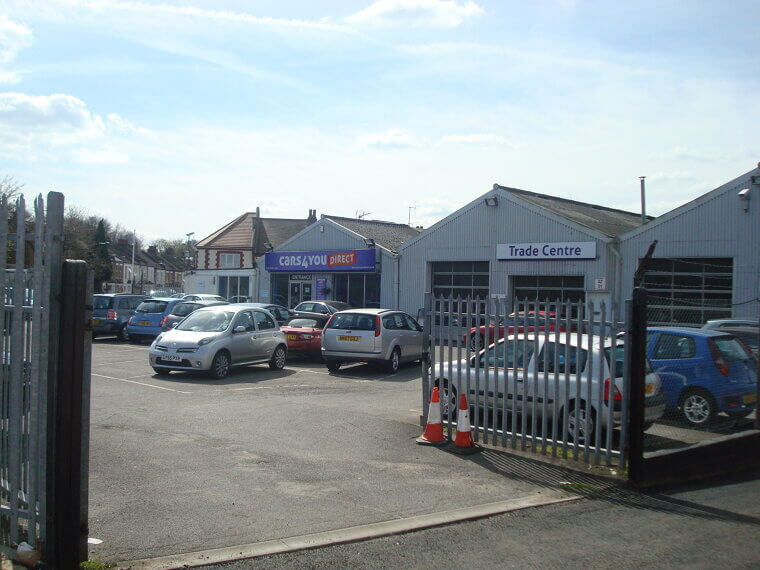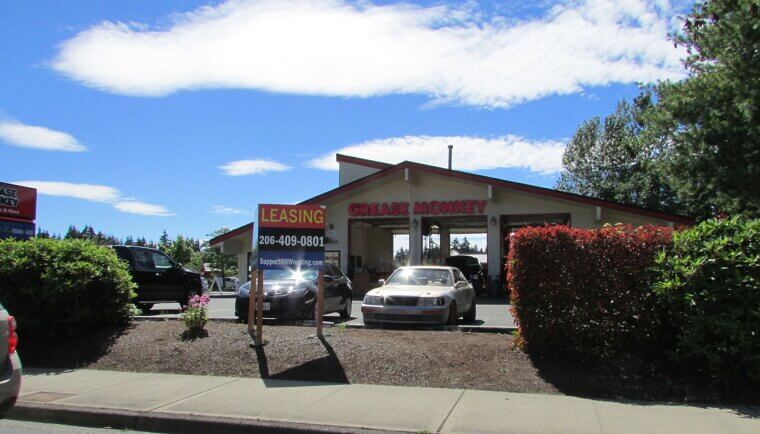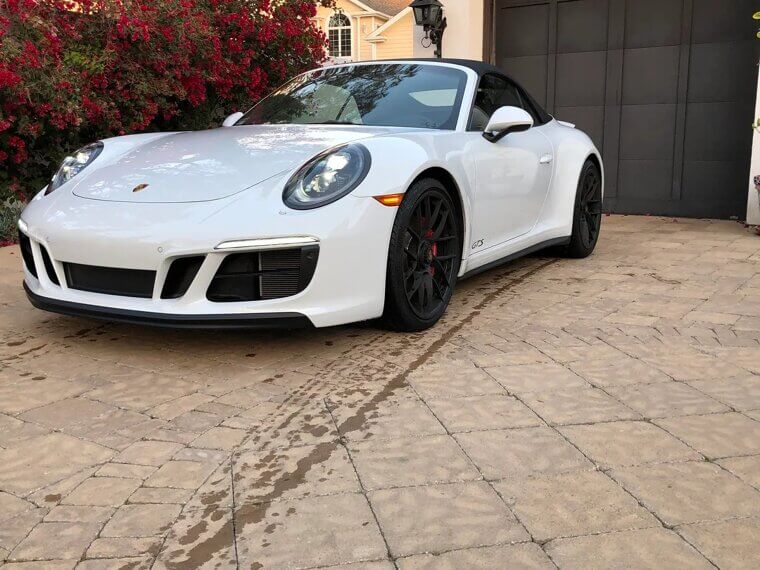Is the Time Right to Buy, Sell, or Trade in a Car?
Are you thinking about getting a new car? Or maybe you want to sell the one you have? There are plenty of options available to drivers, and it’s important that you understand the likely outcome of each. Let’s take a closer look at 15 factors that influence whether or not it’s the right time to buy, sell, or trade in your vehicle.
End-Of-Year Discounts
As we approach the end of 2025, many dealers are beginning to clear out old stock in order to make room for newer models. Many brands have already begun releasing their 2026 models, and to stay current with trends, dealerships often sell older versions at a discounted price.
EV Tax Credit Decline
Federal tax credits for electric vehicles expire on the 30th of September of this year. So, if you are looking to get your hands on an EV, you should probably do so before this deadline.
Interest Rate Trends
Interest rates on vehicles are expected to drop towards the end of this year. So, if you are planning on taking out a loan to finance your new car, you will end up with a better deal if you simply wait a few months.
Inventory Rebound
In recent months, supply chains have started to stabilize. As a result, buyers have a better range of selection available to them. Moreover, the massive markups that were applied to cars over the past few months have decreased significantly.
Model Year Transition
If you are hoping to get your hands on a new car, now is the time to do so. It may come as a bit of a surprise, but investing in a 2025 model will result in massive savings. This is because 2026 models are now starting to be rolled out, even though the year is not quite finished yet.
Used Car Values
Trade-in values typically peak around the midpoint of each year. For this reason, this is usually the best time to trade in your vehicle, as you are likely to get the best deal - especially if you have a model that is in high demand.
Mileage Sweet Spot
Cars with a total mileage of under 60,000 miles usually fetch decent trade-in offers. If your vehicle is under this limit, trading it in may be your best bet. However, if it is over, you may be able to get a deal by simply selling it.
Equity Check
As a general rule, if your car is currently worth more than you owe on it, you are likely to get a great deal on a trade-in. You can receive an equity check at most trade-in car dealerships.
Dealer Incentives
Many dealers offer bonus trade-in incentives (usually cash) in order to try to boost their inventory. However, this only occurs if you have a model that is in high demand or in very good condition and likely to sell quickly.
Seasonal Timing
Generally, the late Summer and early Autumn period is the best for trade-ins. This comes before the end-of-the-year markdowns, ensuring that you get the best value for your vehicle.
Private Sale Premium
If you have a car that is in high demand and in very good condition, you are likely to get a better deal by selling it privately than by trading it in. Avoid selling your car through a middleman, and you will probably make back a decent sum of money.
Demand for Reliable Used Cars
There is an incredibly high demand for reliable used vehicles. Many people simply can’t afford to buy new, which means that used cars are their only option. If your vehicle is fuel-efficient and well-maintained, you will probably find a buyer pretty easily on the secondhand market.
Online Platforms
There are several online platforms available to sellers, making the process that much easier. Tools such as CarMax and Vroom simplify online sales and connect buyers with sellers who are offering what they are looking for.
Repair Costs Vs. Value
If you notice that your car is starting to experience frequent issues, it is a good sign that it's time to consider selling. This may actually end up saving you a whole lot of money on repairs in the long run.
Market Conditions
At the moment, used car prices are stabilizing. This means that it is currently a good time to sell your vehicle, as you are more likely to lock in a better deal.

